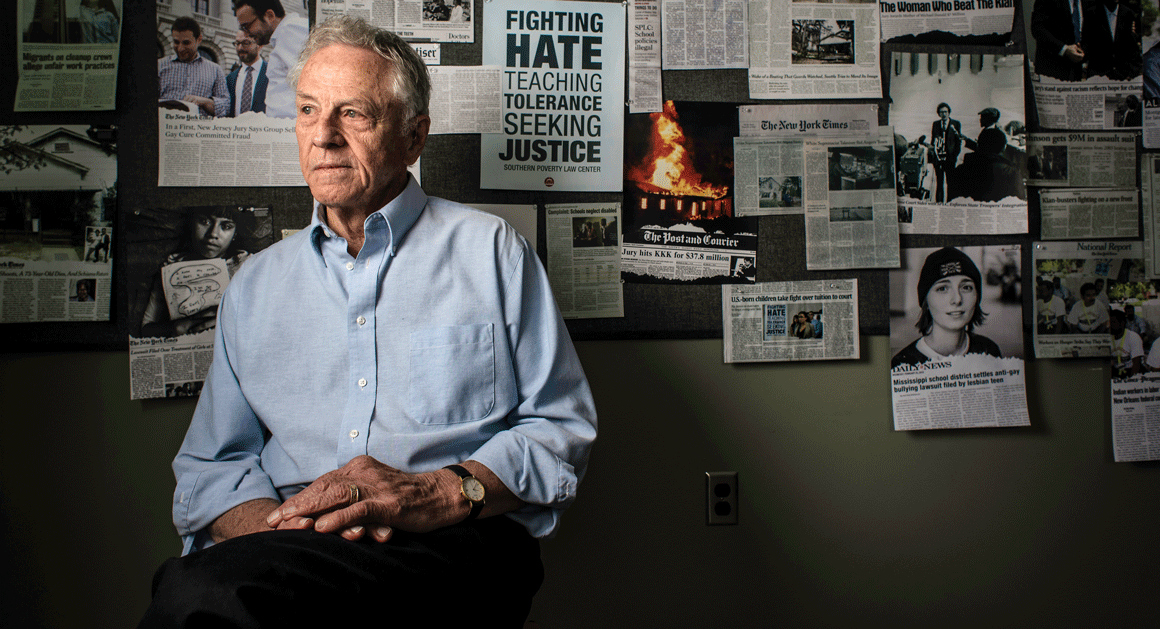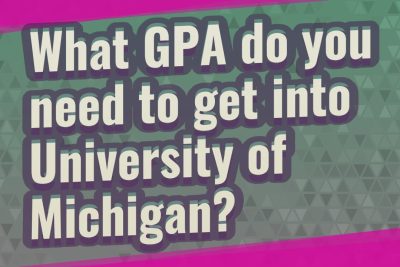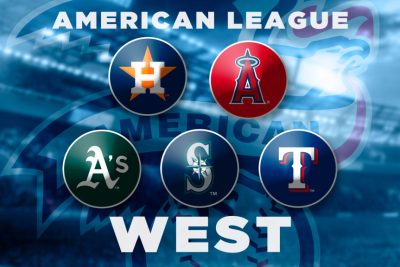
Southern Poverty Law Center: Who Are the Key Donors

The Southern Poverty Law Center (SPLC) has become a prominent force in civil rights advocacy and the fight against hate in America. Founded in 1971, this nonprofit organization has developed a wide range of initiatives that focus on monitoring, exposing, and challenging hate groups and discrimination across the United States. As the SPLC has expanded its reach and influence, it has also garnered significant attention in the public discourse regarding its funding sources. Understanding the various Southern Poverty Law Center donors plays a crucial role in comprehending its mission and the impact it aims to achieve.
The organization not only raises awareness about hate crimes and extremism but also provides education and resources to combat these issues. However, the funding behind such initiatives raises questions about the potential influences on the SPLC's work. As we delve deeper into who the key donors of the Southern Poverty Law Center are, it's important to critically assess their contributions and the implications of their support on the organization's operations and advocacy efforts.
- Overview of the Southern Poverty Law Center
- Historical Background and Mission
- Key Initiatives of the SPLC
- Financial Structure and Funding Sources
- Major Donors Supporting the SPLC
- Impact of Donor Contributions
- Controversies Surrounding Donor Influence
- The SPLC's Stance on Hate Groups and Criticism
- Conclusion and Future Outlook
Overview of the Southern Poverty Law Center
Foundation and Growth
The SPLC was established in Montgomery, Alabama, and has undergone tremendous growth since its inception. Founded by Morris Dees and Joe Levin, its initial purpose was to provide legal aid and representation for those suffering from discrimination and injustices. Over the years, the SPLC evolved from a law firm dedicated to individual cases into a leading voice for civil rights and an authoritative source for information about hate groups throughout the nation.
Mission and Vision
With a mission that emphasizes fighting hate and seeking justice, the Southern Poverty Law Center plays an integral role in civil rights advocacy. Its vision encompasses achieving a world in which all people are treated equally, regardless of their race, religion, or identity. This mission is underpinned by various initiatives that aim to achieve tangible goals in promoting social justice and equality.
Historical Background and Mission
Foundational Years
In the early years, the SPLC focused primarily on legal advocacy, representing victims of discrimination and working on landmark cases that would set precedents in civil rights law. As the organization gained prominence, it began to expand its focus to include a broader range of activities, including public education, grassroots organizing, and extensive research on hate-oriented groups and radical ideologies.
Defining the Mission
The SPLC's mission statement reflects its commitment to fighting hate and bigotry and seeking justice for the most vulnerable members of society. This mission has guided the organization through various challenges and has been a driving force behind the commitment of its Southern Poverty Law Center donors, who support its initiatives and ensure its sustainability.
Key Initiatives of the SPLC
Klanwatch Project
One of the most notable initiatives is the Klanwatch project, launched to monitor and expose the activities of hate groups, notably the Ku Klux Klan. This project has evolved into a comprehensive database that tracks hate groups and extremist organizations across the United States, providing the public with critical information about these groups’ activities and spread.
Teaching Tolerance Program
Another significant initiative is the Teaching Tolerance program, which aims to promote respect and understanding among students in educational settings. Through resources, lesson plans, and training, the SPLC strives to foster an inclusive environment that encourages dialogue and empathy, key components in combating prejudice and hate.
Financial Structure and Funding Sources
Understanding the Finances
As a nonprofit organization, the SPLC relies heavily on donations and grants to fund its initiatives. The financial structure of the SPLC is not only vital for its operations but also for its credibility in advocacy work. The transparency of its financial dealings can greatly influence public perception and the commitment of current and potential Southern Poverty Law Center donors.
Diverse Funding Sources
Funding sources for the SPLC vary widely, including individual donations, corporate sponsorships, and grants from foundations. Each category of funding contributes to the organization’s ability to maintain its operations, support its staff, and undertake new projects aimed at eradicating hate and promoting equality.
Major Donors Supporting the SPLC
Identifying Key Contributors
Among the prominent Southern Poverty Law Center donors, many individuals and foundations stand out for their significant contributions. Some of these donors have established long-term partnerships with the SPLC, providing both financial support and strategic guidance. Recognizing these key contributors is essential to understanding the SPLC's operational capabilities.
Foundation Support
Foundations such as the Ford Foundation and the Open Society Foundations have played critical roles in providing substantial financial backing to the SPLC. Through grants aimed at supporting various initiatives, these foundations help to advance the SPLC's mission and extend its reach in communities affected by hate and discrimination.
Impact of Donor Contributions
Evaluating the Influence of Donations
Donor contributions have significantly impacted the SPLC's capacity to undertake initiatives and campaigns that challenge hate and promote tolerance. The financial support enables the SPLC to expand its programs, conduct extensive research, and engage in advocacy efforts that necessitate a notable financial commitment.
Long-Term Effects on Advocacy
The ongoing support from Southern Poverty Law Center donors directly correlates with the SPLC's ability to affect change. As funding increases, so does the SPLC's capacity to expose hate groups, undertake legal challenges, and educate citizens, thus amplifying its impact and efficacy in civil rights advocacy.
Controversies Surrounding Donor Influence
Addressing Concerns Over Bias
While the contributions of donors can bolster the SPLC's efforts, there are controversies surrounding the potential influence of donor agendas on the organization's positions and actions. Critics argue that heavy reliance on funding from specific sources may lead to biases in how the SPLC addresses certain issues or groups.
Public Perception and Scrutiny
The SPLC has faced scrutiny, especially when its labeling of groups as hate organizations has led to accusations of overreach or bias. The perception of donor influence plays into how the organization is viewed within the broader political landscape. This scrutiny can overshadow the important work that the SPLC does and divert attention from its accomplishments.
The SPLC's Stance on Hate Groups and Criticism
Vocal Opposition to Hate
The SPLC is unyielding in its commitment to opposing hate groups and extremist ideologies. Its stance on various organizations has often placed it at the center of political battles, further complicating discussions around its funding and donor relationships. This has led to debates on whether the SPLC’s actions are stifled by external pressures or if they remain committed to their principles.
Despite criticism, the SPLC continues to advocate for marginalized groups and uphold its mission to combat hate. The ongoing support from Southern Poverty Law Center donors reflects a community of allies who recognize the importance of protecting civil rights and promoting social justice, lending their resources to this endeavor.
Conclusion and Future Outlook
The Path Forward
The Southern Poverty Law Center remains an essential player in the fight for civil rights and against hate in the United States. The support from its donors is critical to maintaining its independence and influence in advocacy efforts. As it navigates controversies and enhances its initiatives, the continued commitment from Southern Poverty Law Center donors will play a pivotal role in shaping its future and sustaining momentum against hate and discrimination.
Final Thoughts
In conclusion, the SPLC's journey from its early legal advocacy roots to its current status as a civil rights watchdog illustrates the importance of financial support in empowering the fight against hate. Moving forward, transparency in funding, an ongoing commitment to its mission, and resilience against backlash will ensure the SPLC continues to be a beacon of hope and justice in society.
Did you find this article helpful? Southern Poverty Law Center: Who Are the Key Donors See more here General.
Leave a Reply






Related posts